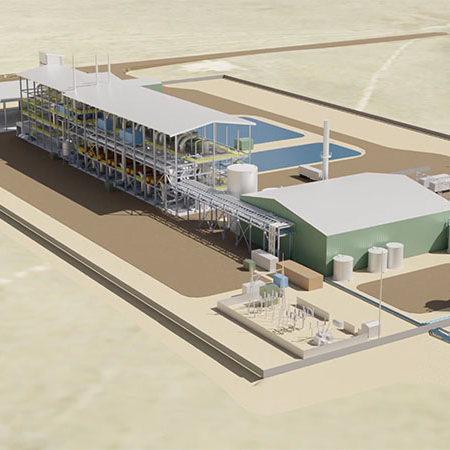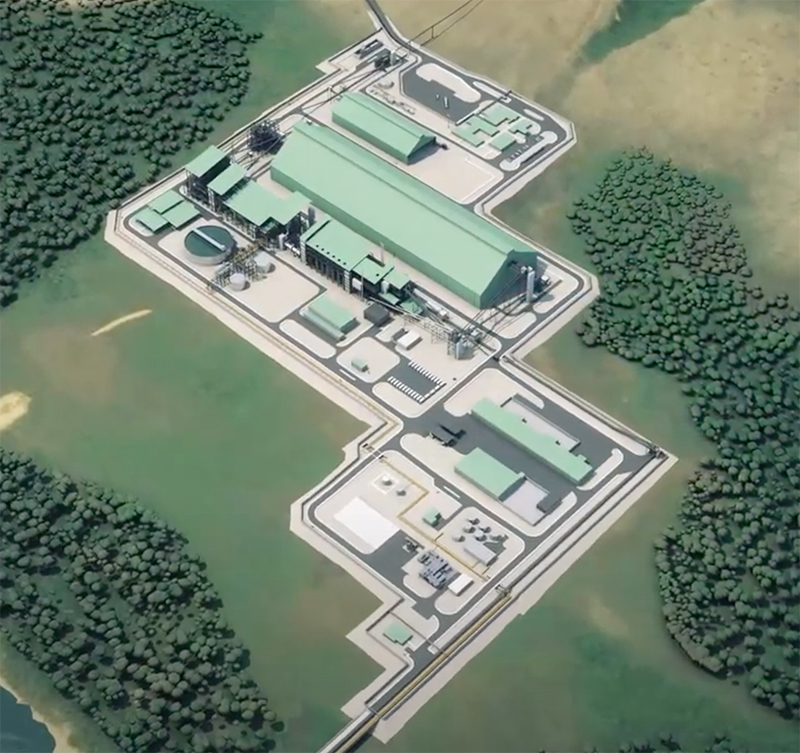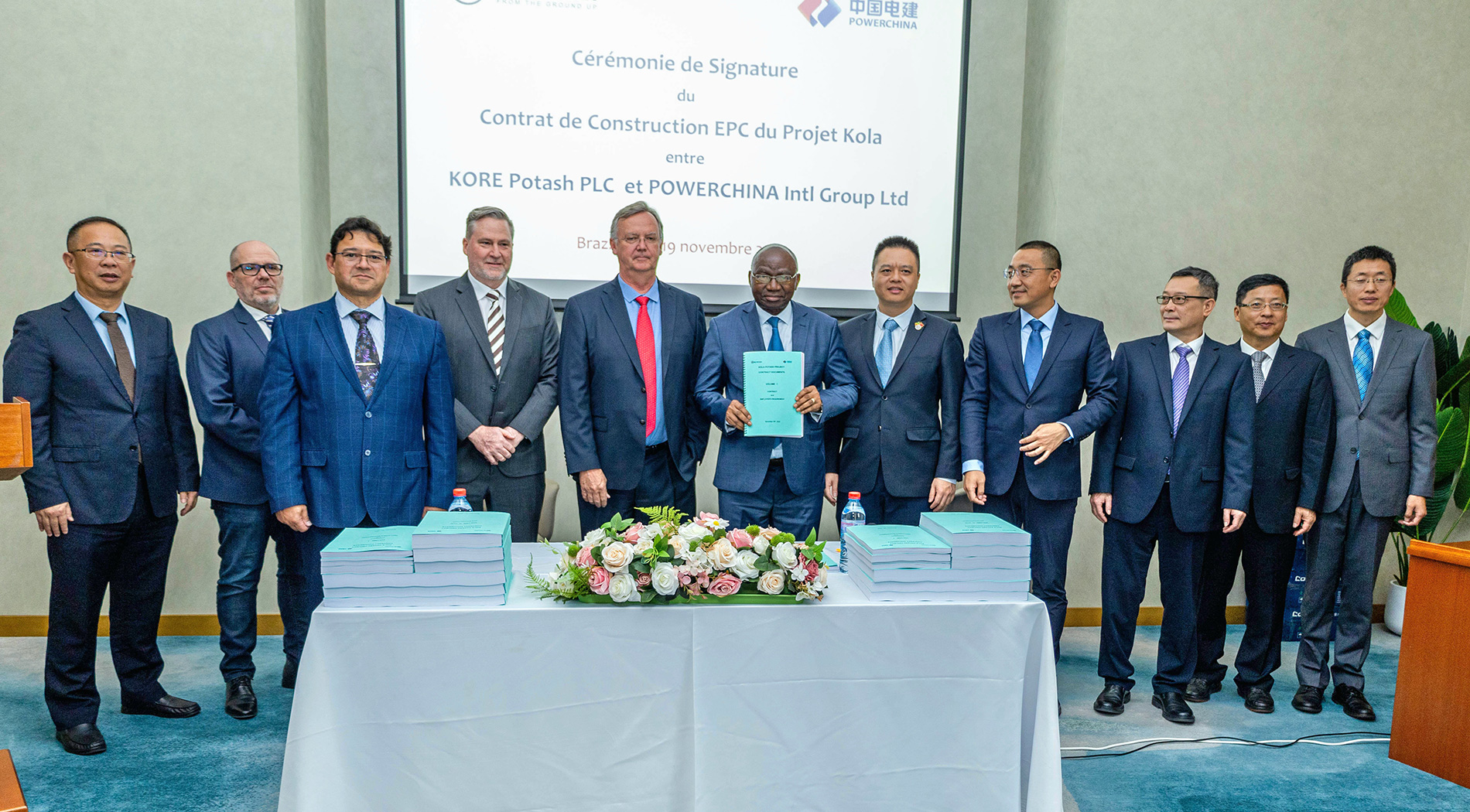Objective
Republic of the Congo
Operating environment
The Republic of the Congo, also known as Congo-Brazzaville, is a central African country with a population of approximately five million. It is bordered by five separate countries, one of which is the Democratic Republic of the Congo (DRC) situated to the east. Congo-Brazzaville was formerly colonised by France and after gaining independence in 1960 the country officially became the Republic of the Congo (RoC).
“Our projects will have very low costs of production and long lives. They will have both a positive impact on the local community in the RoC and also the global agriculture industry by helping to feed the world’s population for multiple generations.”
At a glance
Kore has globally significant potash deposits in the Republic of the Congo and intends to be one of the lowest cost suppliers of potash globally.
50%
The world will need to grow 50% more food by 2050 to feed an anticipated population of 9 billion
93.2%
Muriate of Potash (MoP) is the dominant potash fertiliser product with an 93.2% market share
21 months
The first project in the pipeline, DX, can be brought into commercial production after 21 months of construction
DX project
With Mineral Resource grades of between 57 and 60% KCl, the DX sylvinite project is a candidate for the world’s highest grade potash project. With these grades, a low capital cost to build, and a short time to production, DX stands out as the most rapid pathway to cash generation for the Company.
Kola project
Kola is Kore’s largest project. Kola is scheduled to follow DX in the Company’s development strategy, with a Measured and Indicated Mineral Resource of 508 Mt grading 35.4% KCl.
Sustainability
Feeding the world’s growing population as arable land declines requires increasing the application of fertiliser. Potassium (from potash) is a crucial nutrient, essential for high quality and high yield food production.
Kore’s operations are between 13 and 35km from the coast, at shallow depths of between 200 to 400m and logistically well situated for the key export markets of Brazil and West Coast of Africa. The projects benefit from short transport distances to market and a reduced environmental impact in comparison to existing potash producers in other countries. The deposit geology is low risk and capable of exploitation via conventional potash industry techniques. The construction and operation phases will contribute significantly to local employment and development.
Kore is engaged with the local community in the Sintoukola district and supports various initiatives within the RoC, including local schools, water collection and working with local farmers to help improve their agricultural practice.




